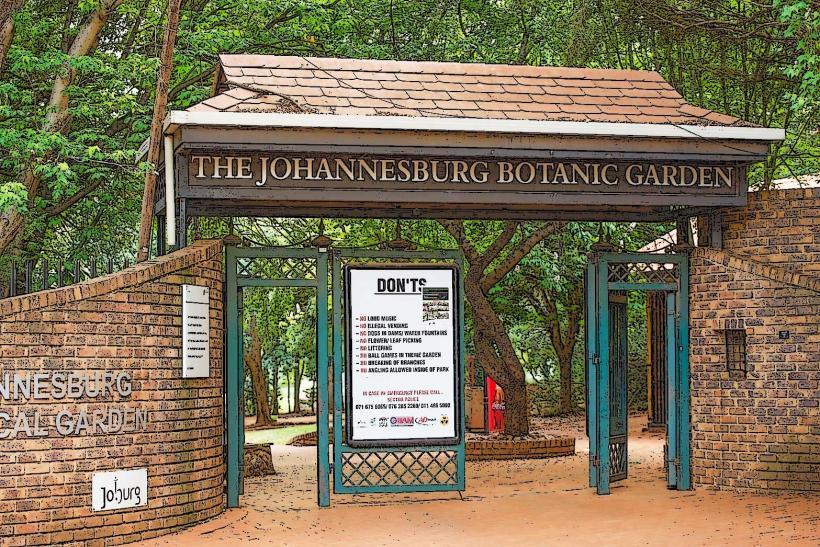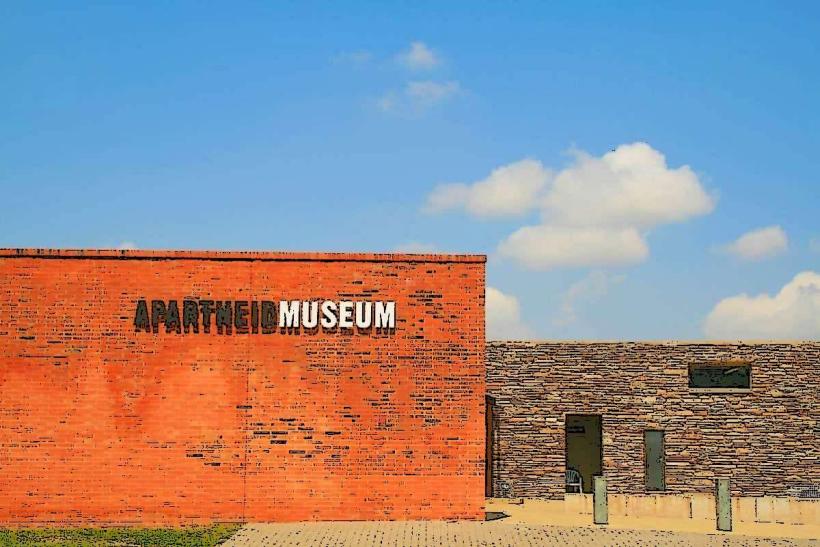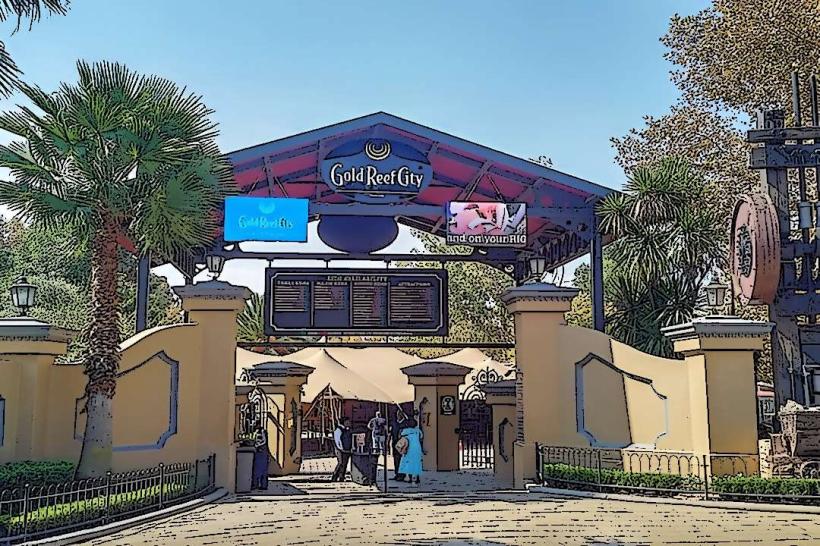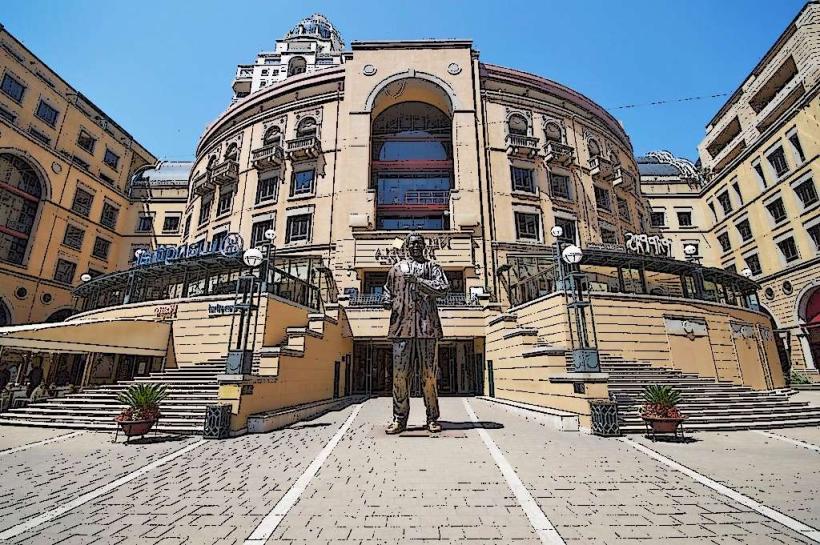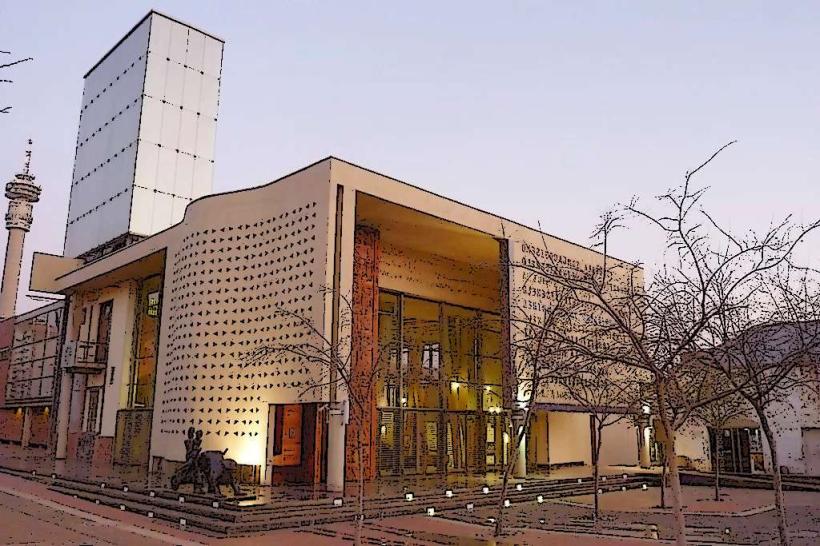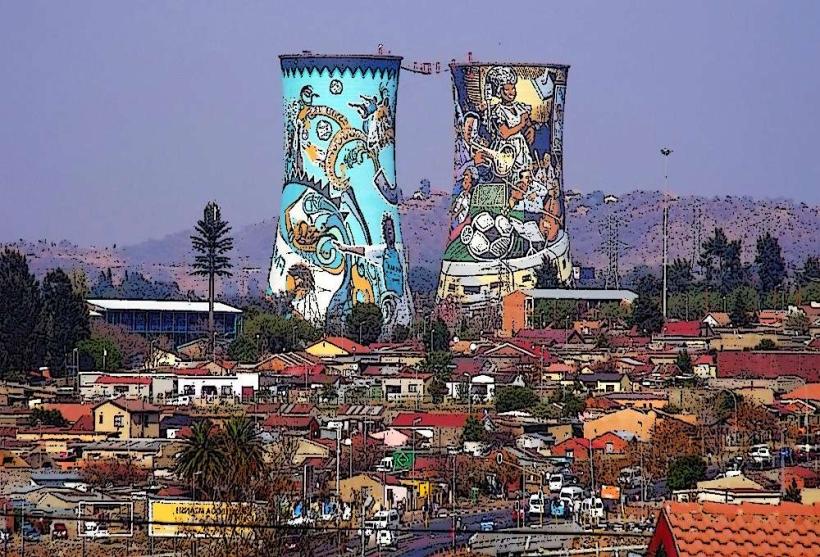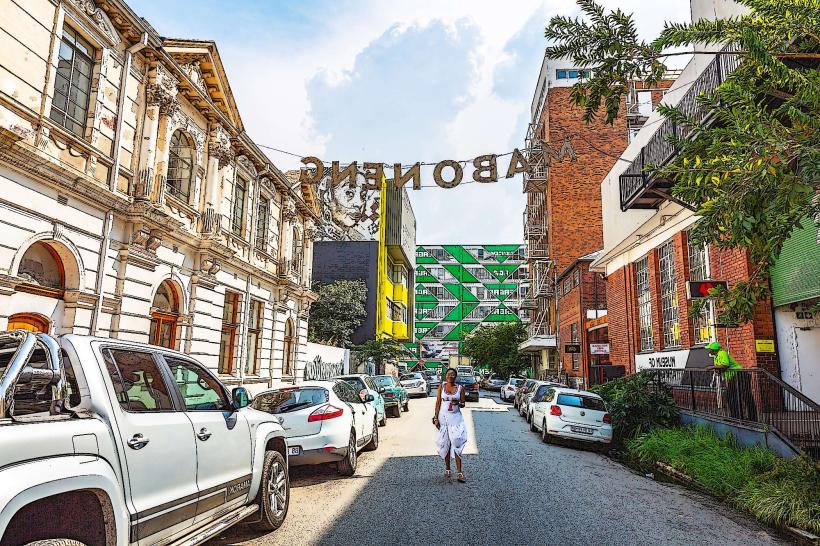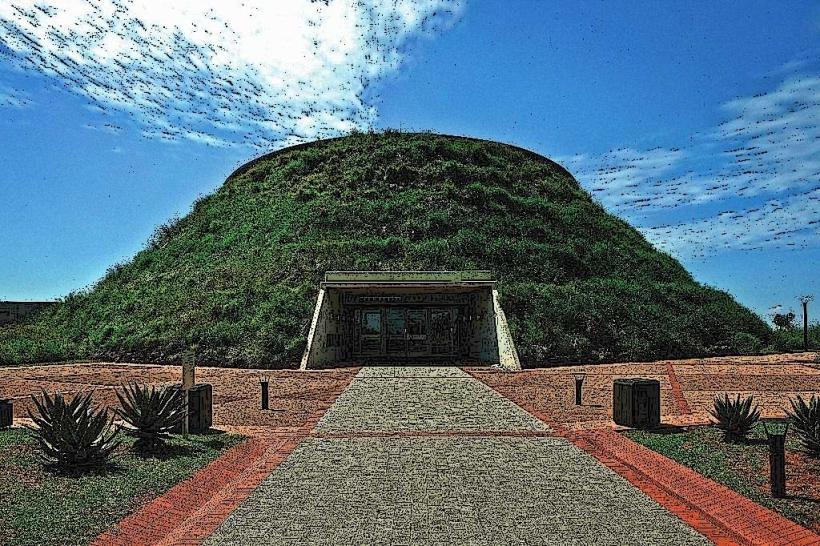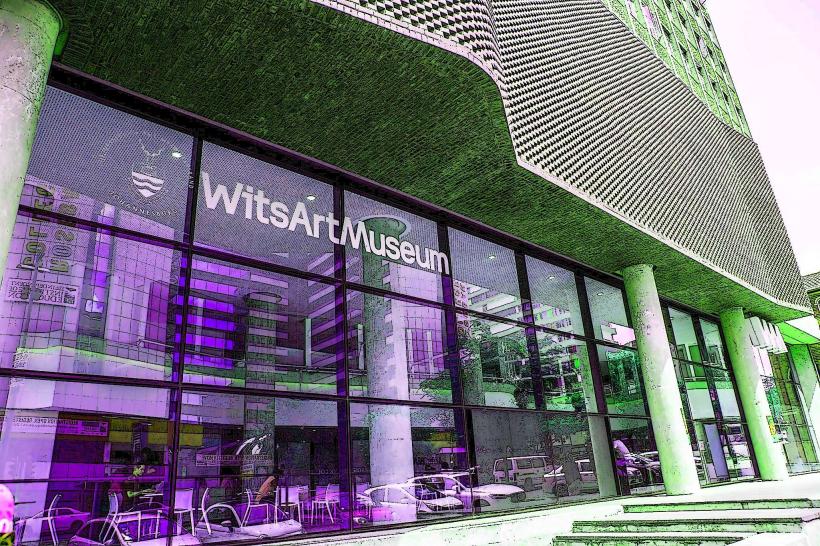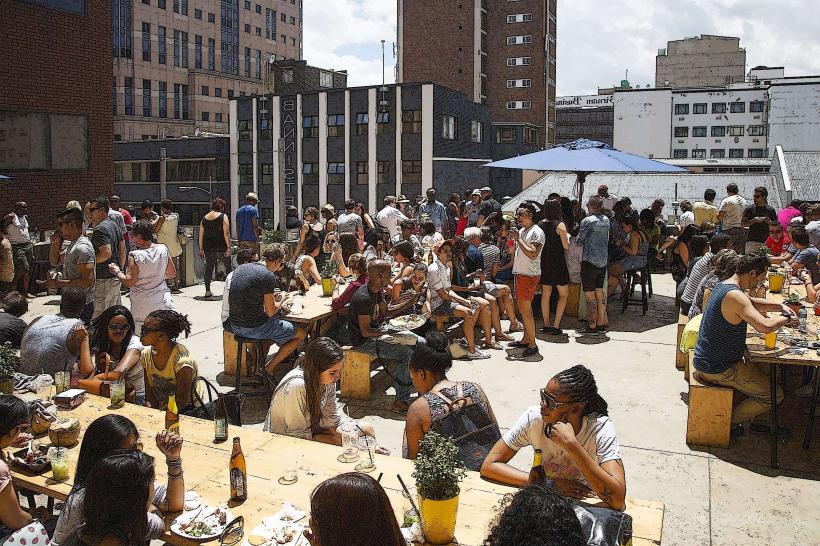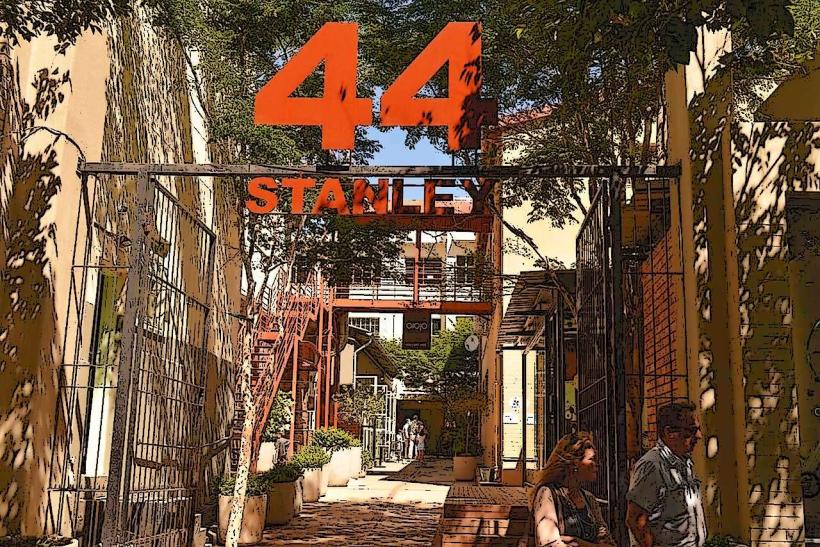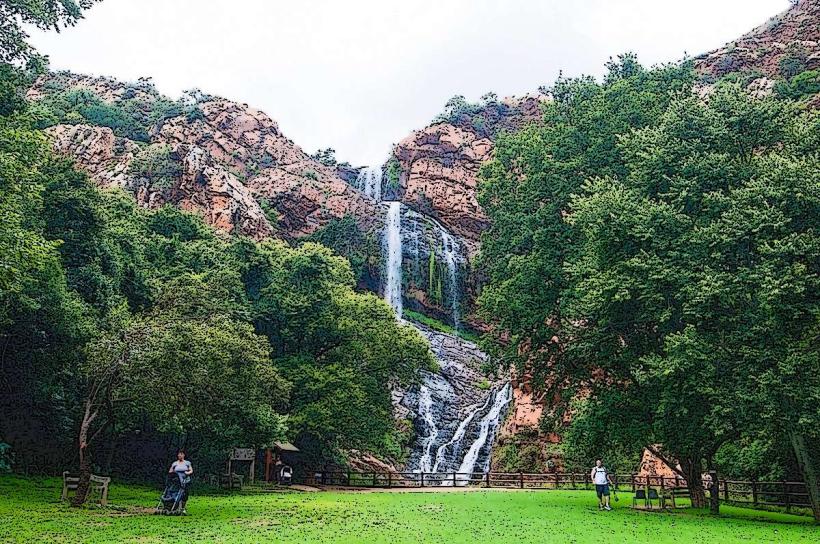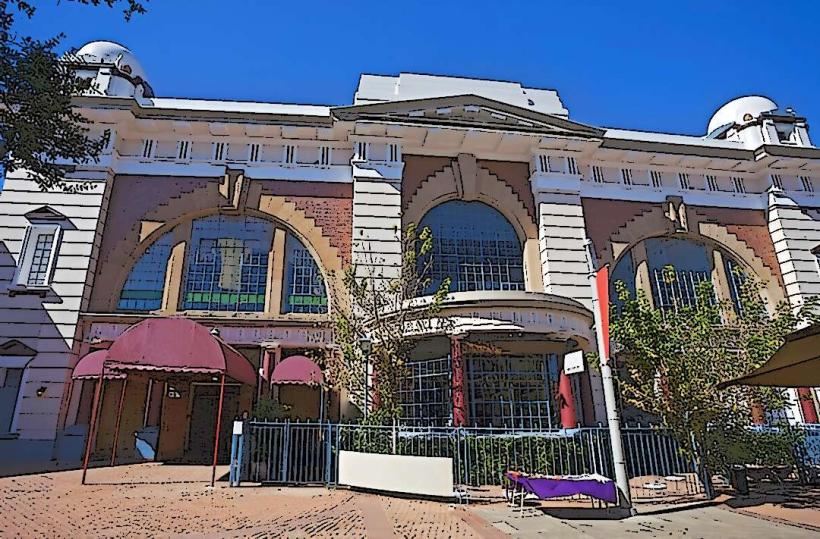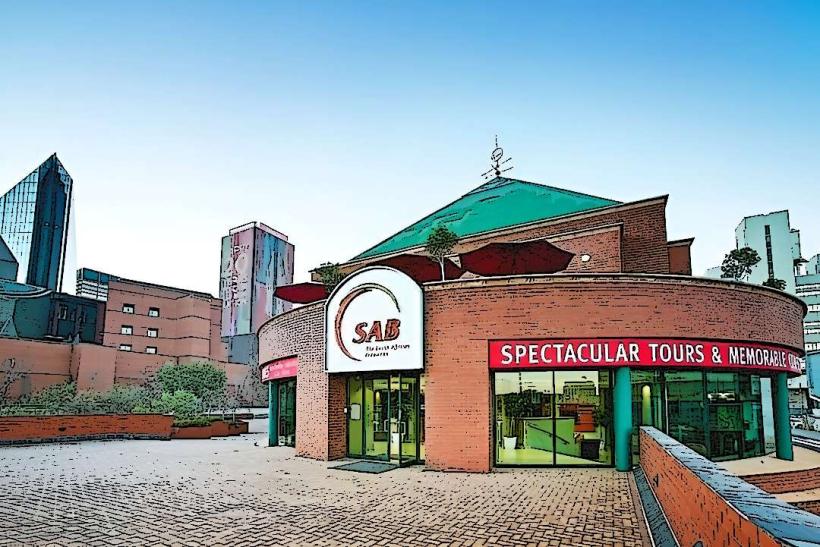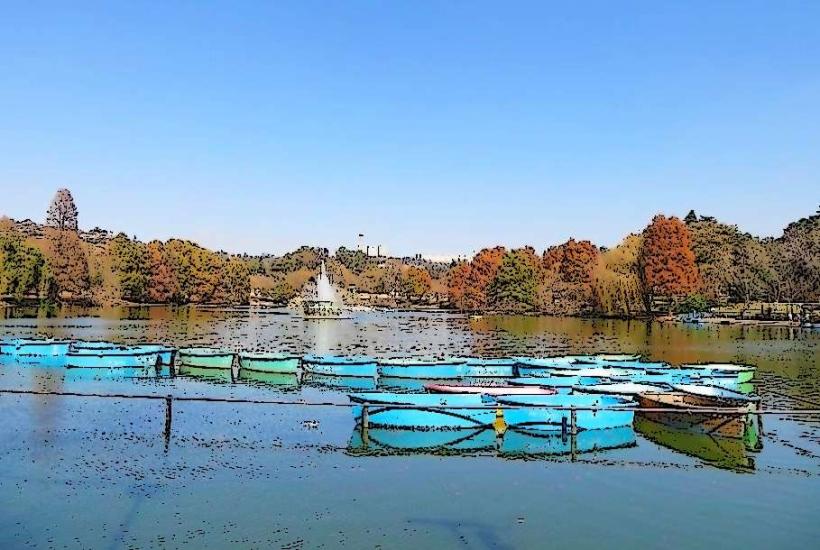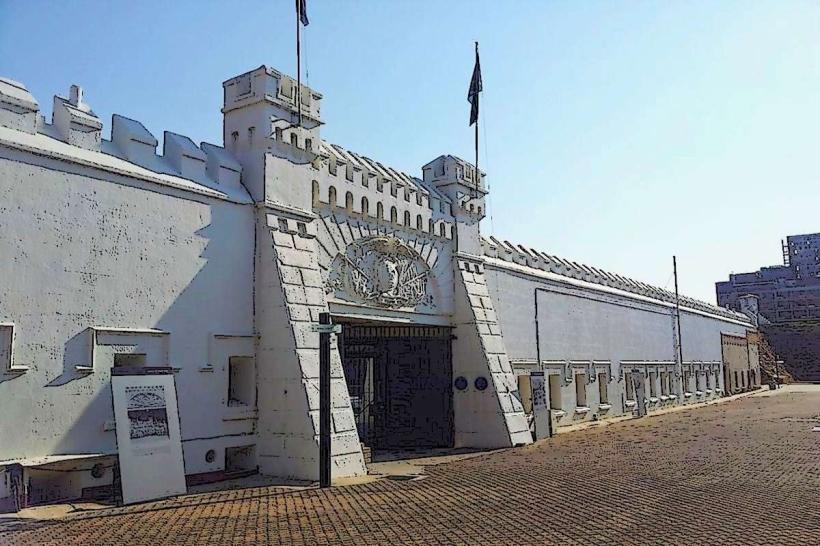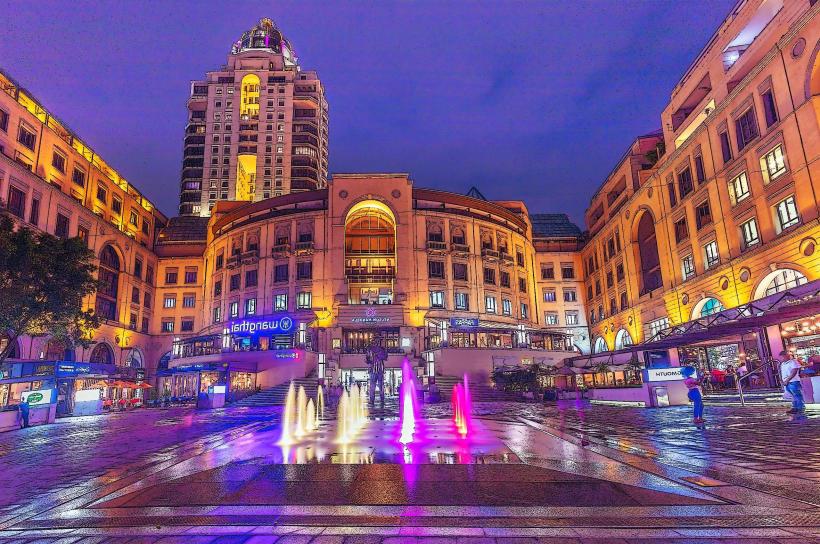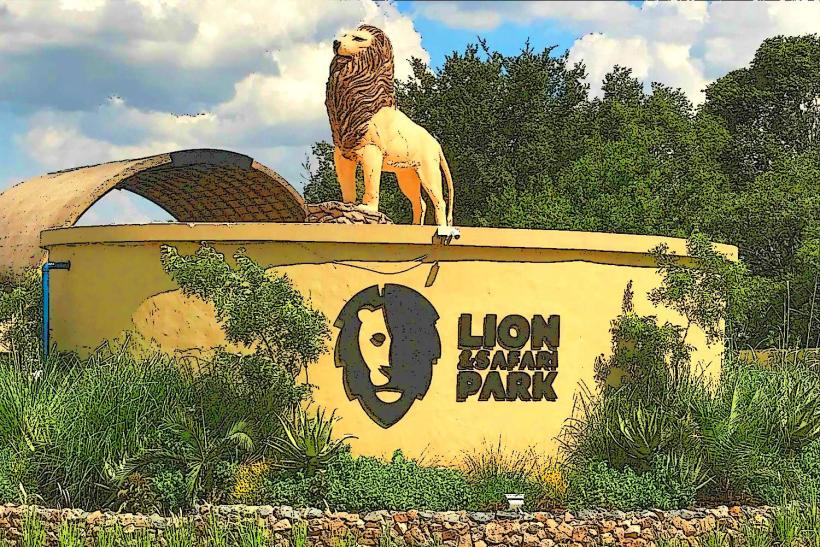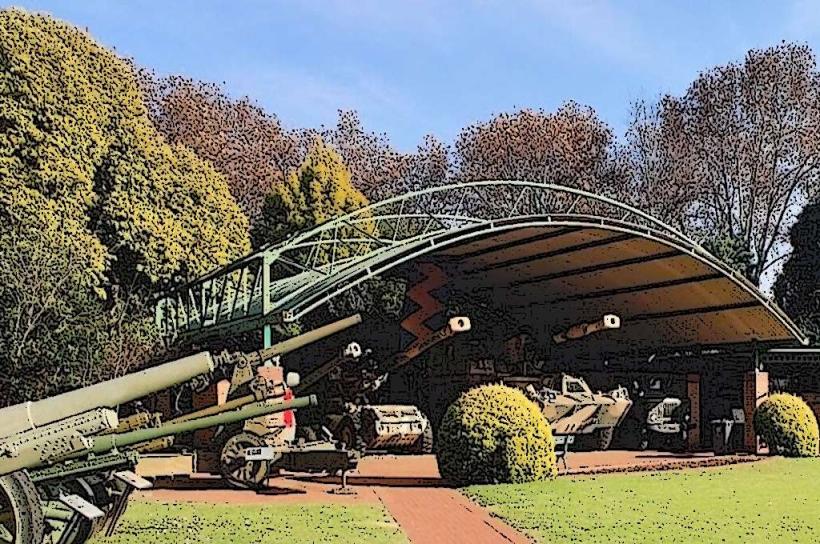Information
Landmark: Johannesburg ZooCity: Johannesburg
Country: South Africa
Continent: Africa
Johannesburg Zoo, Johannesburg, South Africa, Africa
The Johannesburg Zoo is a zoological park situated in the Saxonwold suburb of Johannesburg, South Africa. It spans 55 hectares (140 acres) and houses a diverse collection of animal species.
Visual Characteristics
The zoo features a variety of enclosures designed to mimic natural habitats. These include open-air exhibits, aviaries, and aquatic environments. The grounds are characterized by mature trees and landscaped gardens, with paved pathways connecting different sections. Structures are primarily constructed from concrete, brick, and metal, with some incorporating naturalistic rockwork.
Location & Access Logistics
The Johannesburg Zoo is located at 23A Jan Smuts Avenue, Saxonwold, Johannesburg. It is approximately 5 kilometers north of the Johannesburg central business district. Ample parking is available on-site, with designated areas for cars and buses. Public transport options include Metrobus routes that stop directly outside the zoo entrance, specifically lines 011, 012, and 014.
Historical & Ecological Origin
Established in 1908, the Johannesburg Zoo was initially conceived as a municipal park. The first animals were acquired in 1913. The zoo's purpose has evolved from a simple park to a center for conservation, education, and research. Ecologically, the site is situated within the Gauteng Highveld grassland biome.
Key Highlights & Activities
Visitors can observe a range of animals including lions, elephants, giraffes, primates, and various bird species. Specific exhibits include the Reptile Park, the Aquarium, and the Farmyard. Guided educational tours are available, departing from the main entrance at scheduled times. Walking the perimeter fence offers a 3.5km route.
Infrastructure & Amenities
Restrooms are located throughout the zoo. Shaded areas are provided by mature trees and covered seating structures. Cell phone signal (4G/5G) is generally consistent within the zoo grounds. Food vendors and a restaurant are situated near the main entrance and at various points within the park.
Best Time to Visit
For optimal animal viewing, early morning or late afternoon is recommended, as many animals are more active during these cooler periods. The best months for weather are typically from March to May and September to November, avoiding the peak summer heat and winter chill. No specific tide requirements apply.
Facts & Legends
The zoo is home to a pair of rare white lions, a genetic anomaly that results in a lack of pigmentation. A specific tip for visitors is to check the daily feeding schedule upon arrival, as this often provides an opportunity to see animals at their most active.
Nearby Landmarks
- The Wilds Nature Area (0.2km West)
- Johannesburg Art Gallery (3.5km South)
- Constitution Hill (4.0km South)
- Killarney Country Club (1.5km North-West)
- Rand Club (4.8km South)

